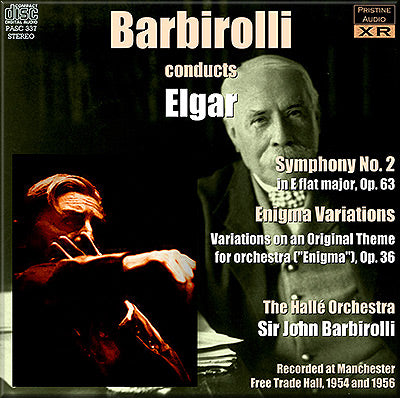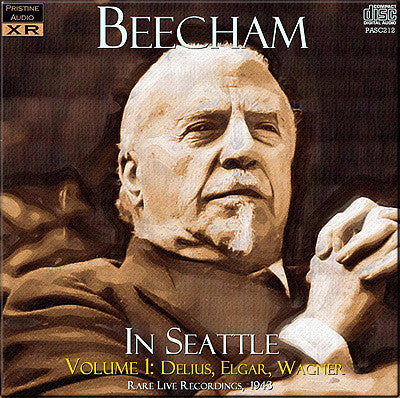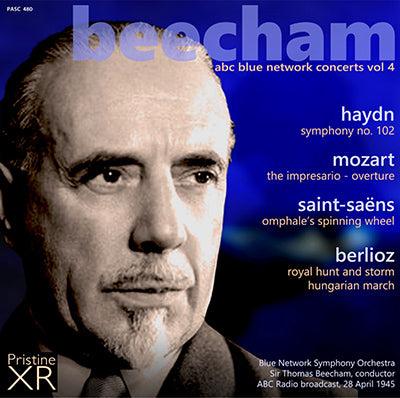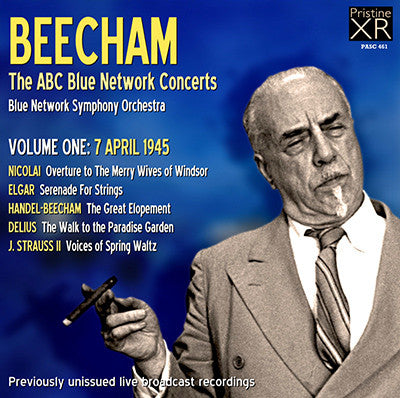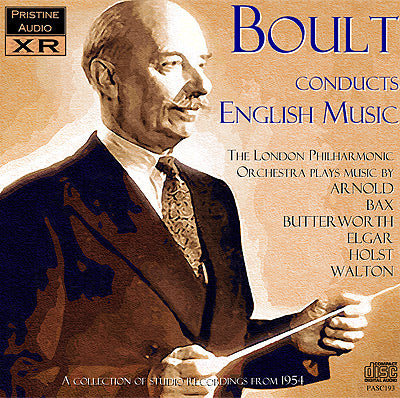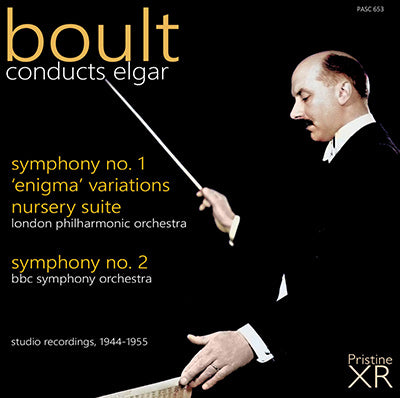Elgar
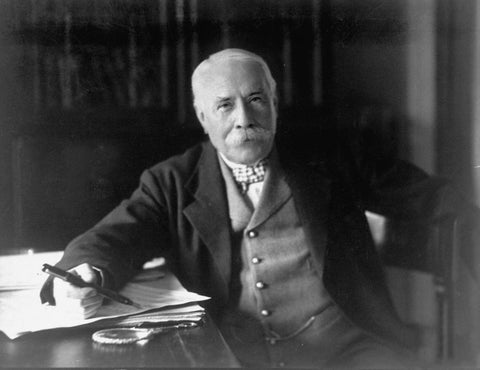
Although Elgar is often regarded as a typically English composer, most of his musical influences were not from England but from continental Europe. He felt himself to be an outsider, not only musically, but socially. In musical circles dominated by academics, he was a self-taught composer; in Protestant Britain, his Roman Catholicism was regarded with suspicion in some quarters; and in the class-conscious society of Victorian and Edwardian Britain, he was acutely sensitive about his humble origins even after he achieved recognition. He nevertheless married the daughter of a senior British army officer. She inspired him both musically and socially, but he struggled to achieve success until his forties, when after a series of moderately successful works his Enigma Variations (1899) became immediately popular in Britain and overseas. He followed the Variations with a choral work, The Dream of Gerontius (1900), based on a Roman Catholic text that caused some disquiet in the Anglican establishment in Britain, but it became, and has remained, a core repertory work in Britain and elsewhere. His later full-length religious choral works were well received but have not entered the regular repertory.
In his fifties, Elgar composed a symphony and a violin concerto that were immensely successful. His second symphony and his cello concerto did not gain immediate public popularity and took many years to achieve a regular place in the concert repertory of British orchestras. Elgar's music came, in his later years, to be seen as appealing chiefly to British audiences. His stock remained low for a generation after his death. It began to revive significantly in the 1960s, helped by new recordings of his works. Some of his works have, in recent years, been taken up again internationally, but the music continues to be played more in Britain than elsewhere.
Elgar has been described as the first composer to take the gramophone seriously. Between 1914 and 1925, he conducted a series of acoustic recordings of his works. The introduction of the moving-coil microphone in 1923 made far more accurate sound reproduction possible, and Elgar made new recordings of most of his major orchestral works and excerpts from The Dream of Gerontius.

Elgar
ELGAR Symphony No. 2
ELGAR Enigma Variations
Recorded in 1954 and 1956
Total duration: 79:38
The Hallé Orchestra
conductor Sir John Barbirolli
WAGNER Die Meistersinger von Nürnberg - Prelude to Act III
ELGAR Variations on an Original Theme ('Enigma'), Op.36
WAGNER Die Meistersinger von Nürnberg - Overture
ELGAR Serenade for String Orchestra, Op. 20 - 2. Larghetto
WAGNER Der fliegende Holländer - Overture
DELIUS On Hearing the First Cuckoo in Spring
Recorded 1943
Total duration: 67:00
Seattle Symphony
conducted by Sir Thomas Beecham
NICOLAI The Merry Wives of Windsor: Overture
ELGAR Serenade for Strings
HANDEL-BEECHAM Love in Bath: The Great Elopement
DELIUS The Walk to the Paradise Garden
J. STRAUSS II Voices of Spring
WAGNER Götterdämmerung: Siegfried’s Funeral March
SIBELIUS Pelléas et Mélisande Suite: The Death of Mélisande
MOZART Divertimento, K 131: Adagio
SCHUBERT Symphony No. 8, “Unfinished.”
TCHAIKOVSKY Serenade in C: Elegie
BERLIOZ Les Troyens: Trojan March
MOZART Symphony No. 31
HANDEL-BEECHAM Piano Concerto
CHABRIER España
MOZART The Impressario - Overture
SAINT-SAENS Omphale’s Spinning Wheel
BERLIOZ The Trojans - Royal Hunt and Storm
BERLIOZ Hungarian March
Recorded in 1945
Sir Thomas Beecham, conductor
Blue Network Symphony Orchestra
Save 5% when you by the complete set
NICOLAI The Merry Wives of Windsor: Overture
ELGAR Serenade for Strings
HANDEL-BEECHAM Love in Bath: The Great Elopement
DELIUS The Walk to the Paradise Garden
J. STRAUSS II Voices of Spring
Live broadcast on ABC/Blue Network, 4pm, 7 April 1945
Total duration: 54:43
Blue Network Symphony Orchestra
ARNOLD Eight English Dances
BAX Tintagel
ELGAR Three Bavarian Dances; Chansons de Nuit & Matin
HOLST The Perfect Fool, Ballet Suites
BUTTERWORTH A Shropshire Lad; The Banks of Green Willow
WALTON Siesta
Recorded 1954
Total duration: 79:43
London Philharmonic Orchestra
conducted by Sir Adrian Boult
ELGAR Symphony No. 1
ELGAR Symphony No. 2
ELGAR 'Enigma' Variations
ELGAR Nursery Suite
Studio recordings, 1944-1955
Total duration: 2hr 34:20
London Philharmonic Orchestra
BBC Symphony Orchestra
conducted by Sir Adrian Boult
-
Previous
- Page 1 of 5
- Next

